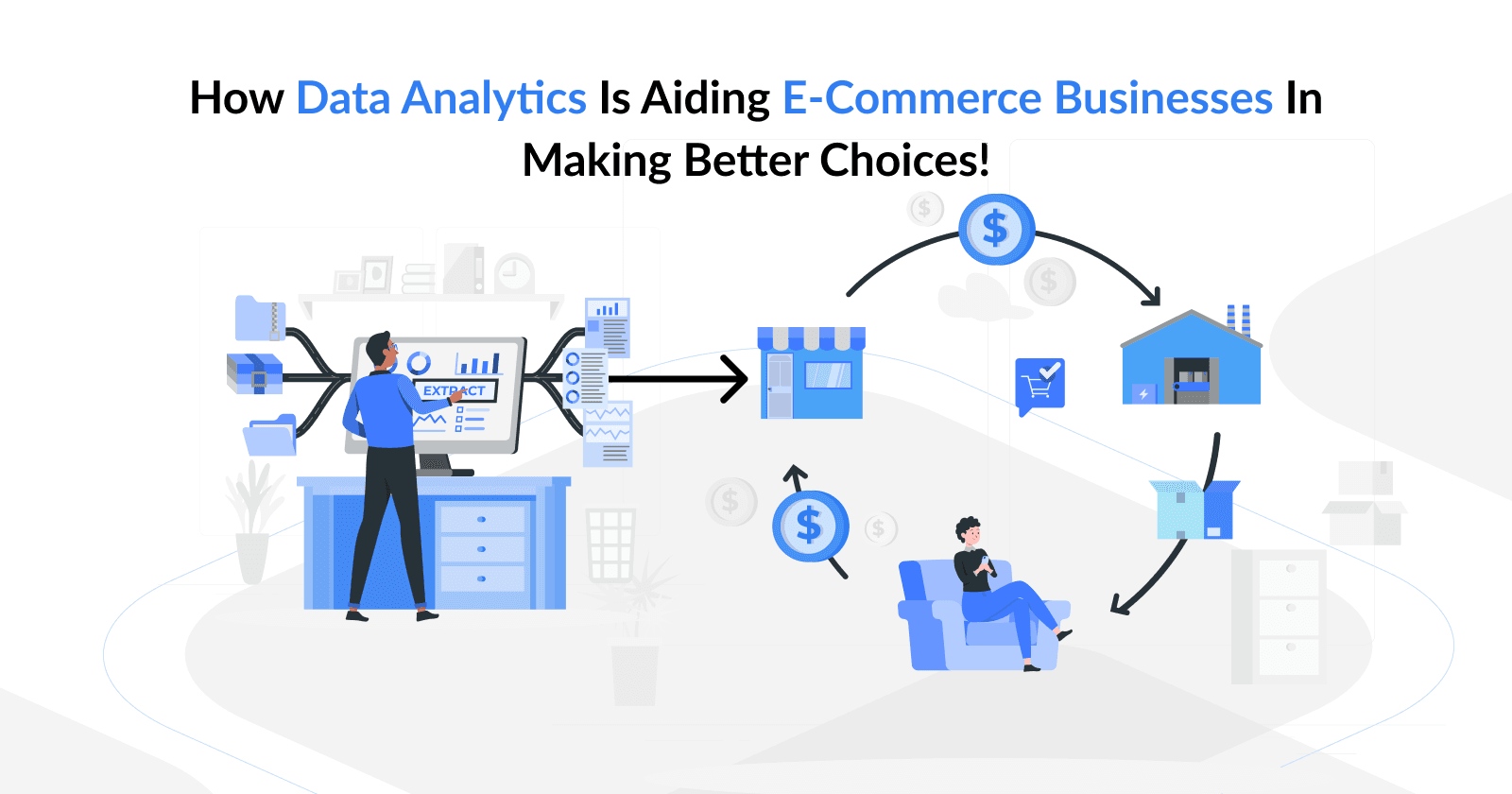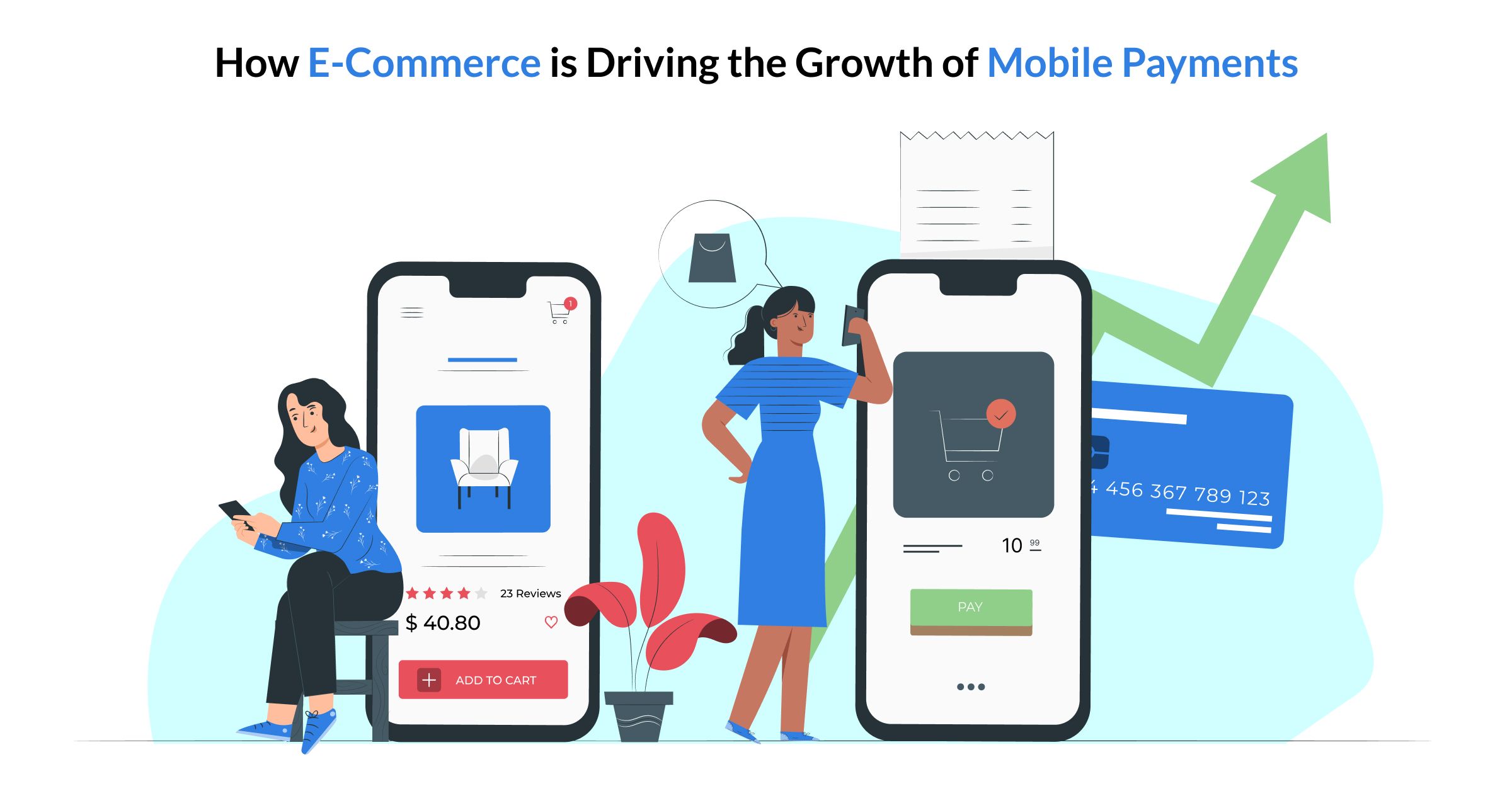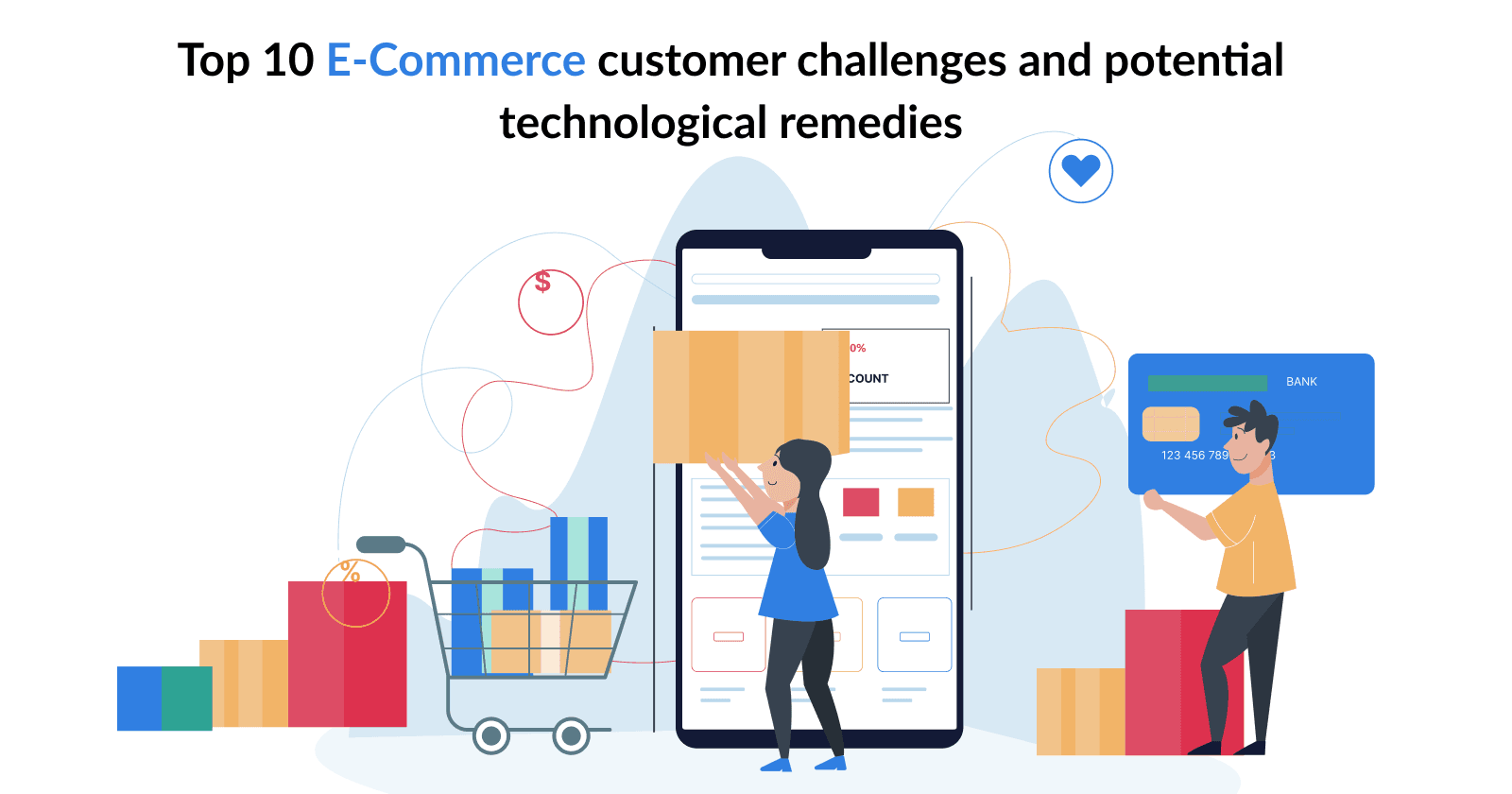Introduction
The world is constantly evolving, and so are the ways we interact with technology. With the advent of voice-enabled assistants, the way we shop and make purchases has changed drastically.
The world is constantly evolving, and so are the ways we interact with technology. With the advent of voice-enabled assistants, the way we shop and make purchases has changed drastically.
Voice commerce, also known as V-commerce, is the use of voice-enabled devices to make purchases. It has taken the retail industry by storm, and businesses that want to stay ahead of the curve are incorporating voice commerce into their strategies.
In this blog post, we will explore the impact of voice commerce on the retail industry, its benefits, challenges, and opportunities.
Benefits of Voice Commerce
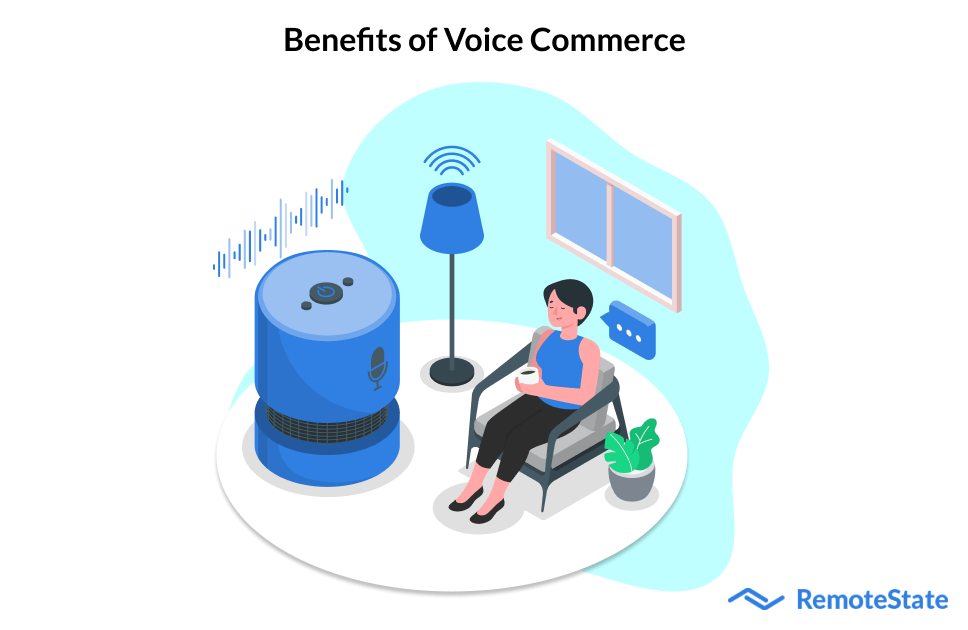
Convenience
Voice commerce has made shopping more convenient than ever before. Customers can make purchases using their voice without having to type, click or even look at a screen. This means that they can shop while cooking, driving, or doing other activities. Voice commerce has made shopping hands-free and hassle-free.
Personalization
Voice-enabled assistants are intelligent and can learn a customer's preferences, purchase history, and other data to provide personalized recommendations. This means that customers can get recommendations that are tailored to their needs and preferences. This personalized shopping experience can lead to increased customer loyalty and higher customer lifetime value.
Speed
Voice commerce is fast. Customers can make purchases in a matter of seconds. This means that they can complete purchases quickly and get on with their day. This speed also means that businesses can process orders faster and improve their overall efficiency.
Accessibility
Voice commerce has made shopping accessible to people who have difficulty typing, clicking, or using a screen. This includes people with disabilities, the elderly, and those with limited mobility. Voice-enabled assistants provide an easy and accessible way for them to shop.
Multitasking
Voice commerce allows customers to multitask while shopping. They can continue with their daily tasks while making purchases, making the shopping experience seamless and effortless.
Integration
Voice commerce can integrate with other technologies and devices, such as smart home devices, wearables, and IoT devices, providing an even more seamless and convenient shopping experience for customers.
Challenges of Voice Commerce
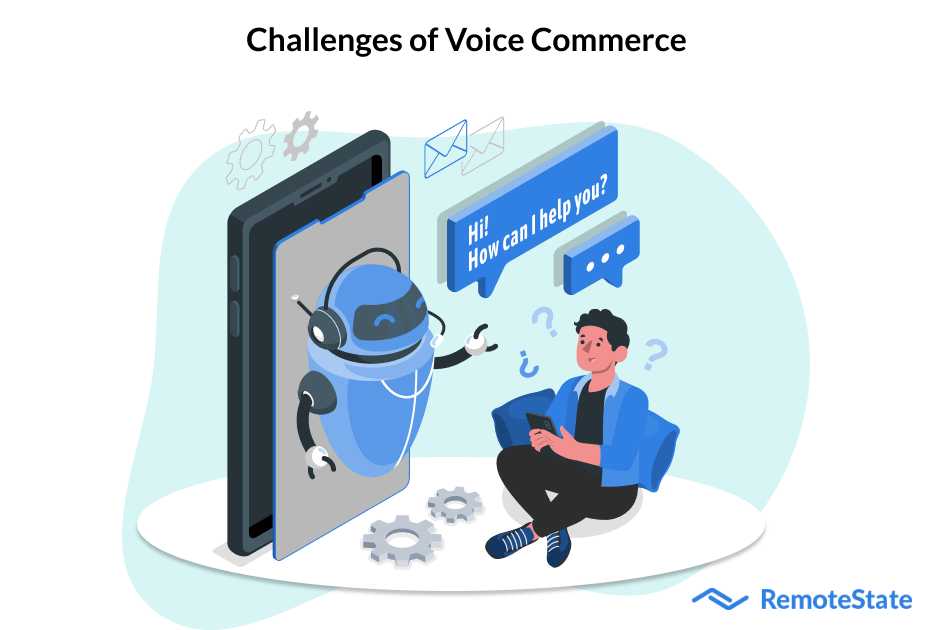
Security
One of the main challenges of voice commerce is security. Customers are concerned about the security of their personal and financial information when making purchases using voice-enabled devices. Businesses need to ensure that they have robust security measures in place to protect customer information.
Accuracy
Voice-enabled assistants are not always accurate. They can misunderstand commands or provide incorrect information. This can lead to frustration and errors in the purchase process. Businesses need to ensure that their voice-enabled assistants are trained to recognize commands accurately and provide correct information.
Integration
Voice commerce requires businesses to integrate their systems with voice-enabled devices. This can be a challenging and time-consuming process. Businesses need to ensure that they have the necessary infrastructure in place to support voice commerce.
Limited Product Information
Voice commerce can provide limited product information compared to online shopping. Customers may not be able to see images or read detailed descriptions of the products they are interested in purchasing.
Limited Payment Options
Voice commerce may have limited payment options compared to online shopping. Customers may not be able to use certain payment methods, such as gift cards or rewards points.
Language Barriers
Voice commerce may face language barriers. Voice-enabled assistants may not be able to understand all accents or languages, leading to frustration for customers.
Opportunities of Voice Commerce
New Customer Base
Voice commerce has the potential to reach a new customer base. It provides an easy and accessible way for people with disabilities, the elderly, and those with limited mobility to shop. This can lead to increased sales and revenue for businesses.
Competitive Advantage
Businesses that adopt voice commerce early can gain a competitive advantage over those that don't. Voice commerce is still a relatively new technology, and businesses that incorporate it into their strategies can differentiate themselves from their competitors.
Improved Customer Experience
Voice commerce can improve the overall customer experience. With personalized recommendations and a seamless shopping experience, customers are more likely to return and make repeat purchases. This can lead to increased customer loyalty and higher customer lifetime value.
Data Insights
Voice-enabled assistants can provide valuable data insights for businesses. They can gather information on customer preferences, purchase history, and behavior. This data can help businesses make more informed decisions and improve their overall strategy.
Integration with Other Technologies
Voice commerce can integrate with other technologies, such as augmented reality and virtual reality. This can provide customers with an even more immersive and engaging shopping experience.
Brand Awareness
Voice commerce can increase brand awareness for businesses. As more people use voice-enabled assistants to make purchases, businesses that incorporate voice commerce into their strategies can increase their exposure and reach new audiences.
Conclusion
Voice commerce is changing the game for the retail industry. It provides a convenient, personalized, and accessible way for customers to make purchases. However, there are also challenges that businesses need to consider, such as security and accuracy. Despite these challenges, the opportunities of voice commerce are significant, including a new customer base, improved customer experience, and valuable data insights.
Businesses that want to stay ahead of the curve should consider incorporating voice commerce into their strategies. By doing so, they can differentiate themselves from their competitors, improve the overall customer experience, and increase sales and revenue.
Remotestate: Revolutionizing E-Commerce with Voice-Enabled Assistants
Remotestate can develop custom voice-enabled assistant applications that allow customers to make purchases using only their voice.
With voice commerce rapidly changing the game of e-commerce, businesses can gain a competitive advantage by offering a hands-free shopping experience to their customers.
Remotestate's expertise in software development and voice-enabled technology ensures a high-quality and seamless voice commerce experience for businesses and their customers.
FAQs
What is voice commerce?
Voice commerce, also known as V-commerce, is the use of voice-enabled devices to make purchases.
What are the benefits of voice commerce?
The benefits of voice commerce include convenience, personalization, speed, accessibility, multitasking, and integration.
What are the challenges of voice commerce?
The challenges of voice commerce include security, accuracy, integration, limited product information, limited payment options, and language barriers.
How can businesses benefit from voice commerce?
Businesses can benefit from voice commerce by reaching a new customer base, gaining a competitive advantage, improving the overall customer experience, gaining valuable data insights, integrating with other technologies, and increasing brand awareness.
Publication Date
2023-04-14
Category
E-Commerce
Author Name
Rahul Agrawal
